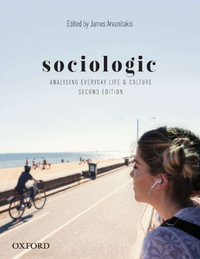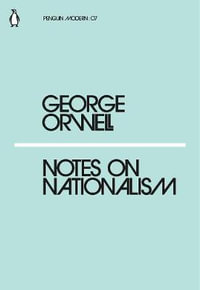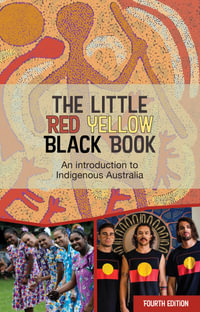
At a Glance
Paperback
RRP $47.95
$41.75
13%OFF
Available for Backorder. We will order this from our supplier however there isn't a current ETA.
ISBN: 9780745333182
ISBN-10: 0745333184
Published: 20th February 2016
Format: Paperback
Language: English
Number of Pages: 288
Audience: Professional and Scholarly
Publisher: Wiley
Country of Publication: AU
Edition Number: 2
Edition Type: Revised
Dimensions (cm): 2.15 x 1.35 x 2.1
Weight (kg): 0.35
Shipping
| Standard Shipping | Express Shipping | |
|---|---|---|
| Metro postcodes: | $9.99 | $14.95 |
| Regional postcodes: | $9.99 | $14.95 |
| Rural postcodes: | $9.99 | $14.95 |
Orders over $79.00 qualify for free shipping.
How to return your order
At Booktopia, we offer hassle-free returns in accordance with our returns policy. If you wish to return an item, please get in touch with Booktopia Customer Care.
Additional postage charges may be applicable.
Defective items
If there is a problem with any of the items received for your order then the Booktopia Customer Care team is ready to assist you.
For more info please visit our Help Centre.
You Can Find This Book In
This product is categorised by
- Non-FictionIndustry & Industrial StudiesMedia, Entertainment, Information & Communication IndustriesPress & Journalism
- Non-FictionSociety & CultureMedia Studies
- Non-FictionWarfare & Defence
- Non-FictionSociology & Anthropology
- Non-FictionLanguage & LinguisticsReference, Dictionaries & GuidesWriting & Editing Guides
























